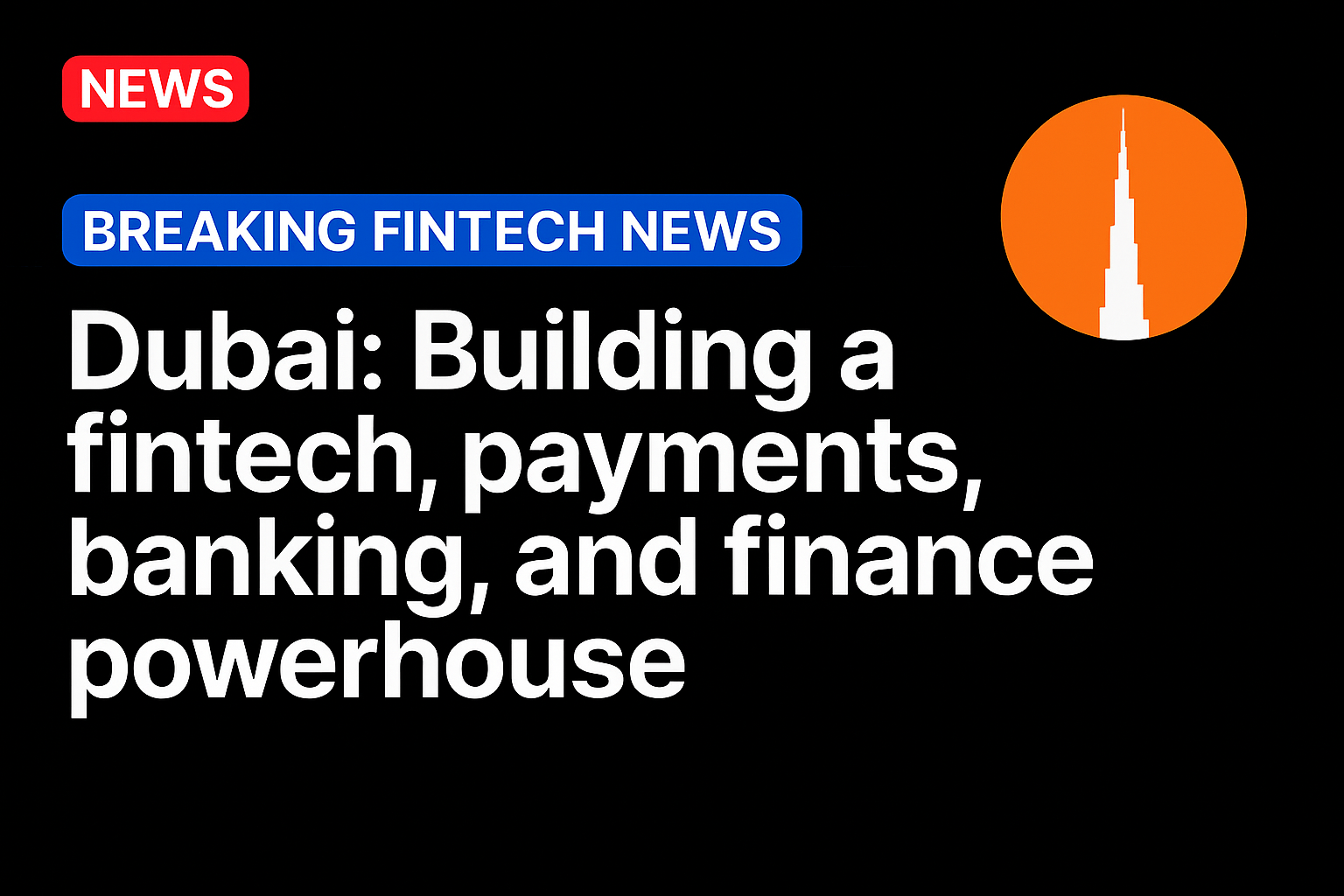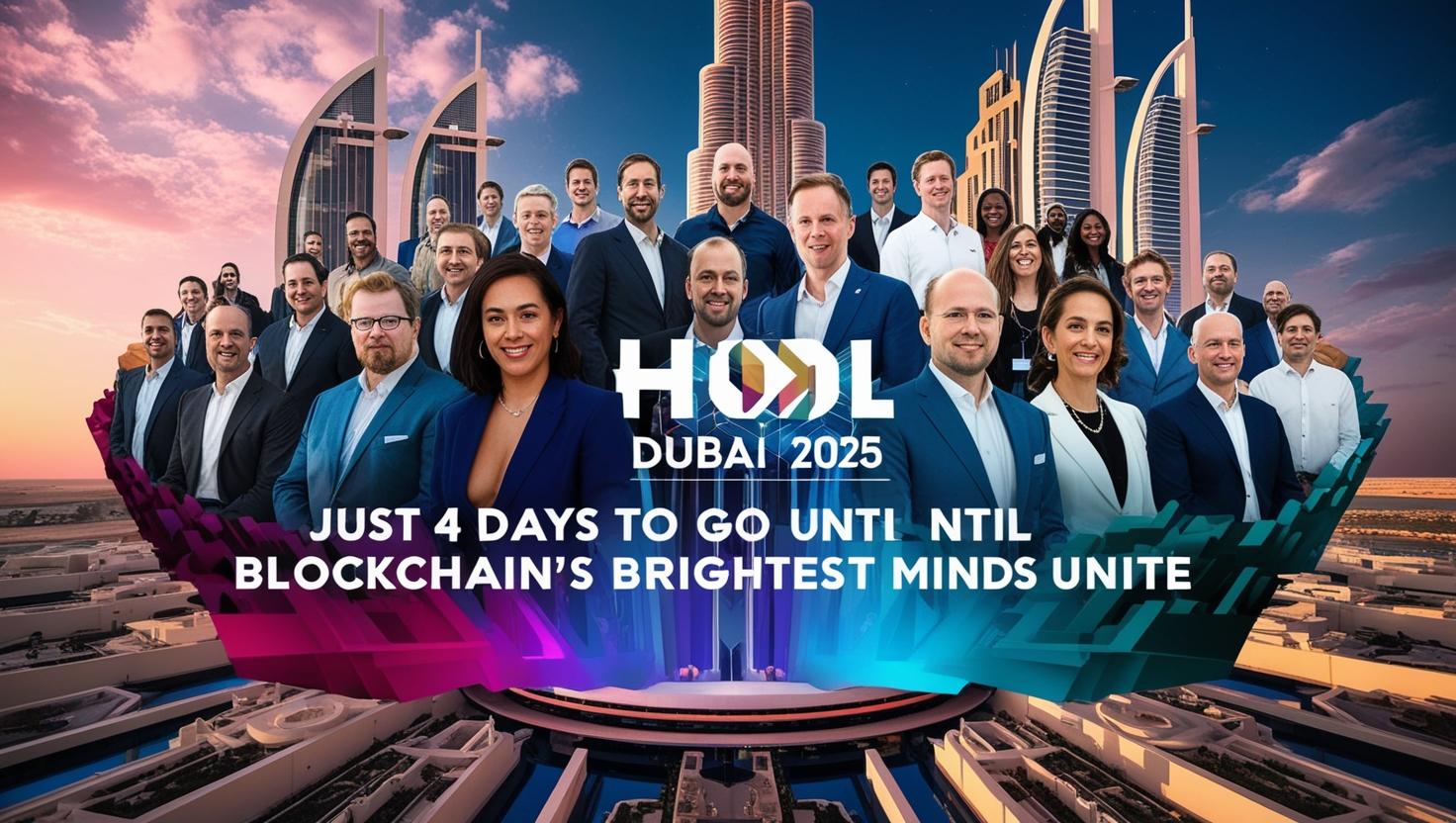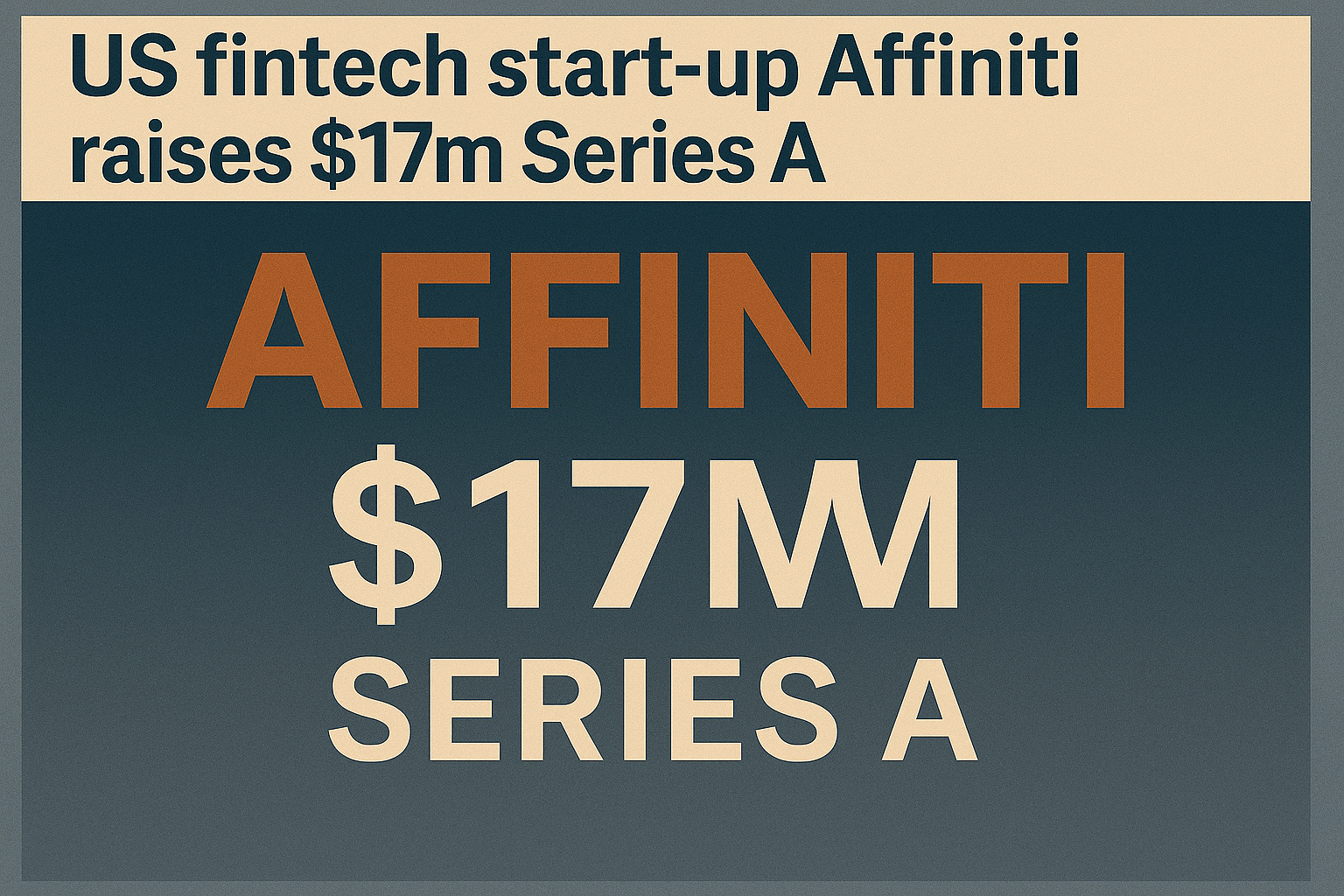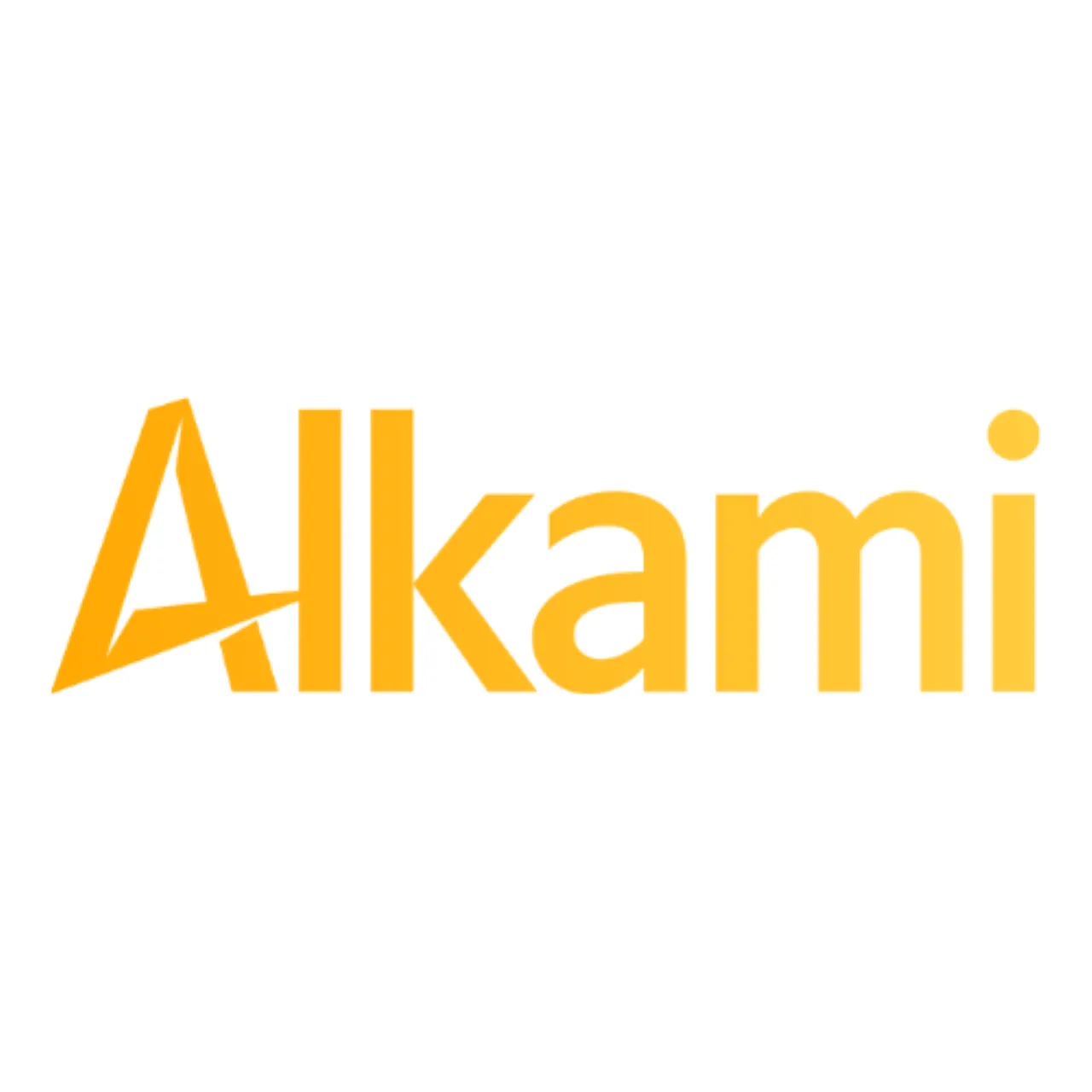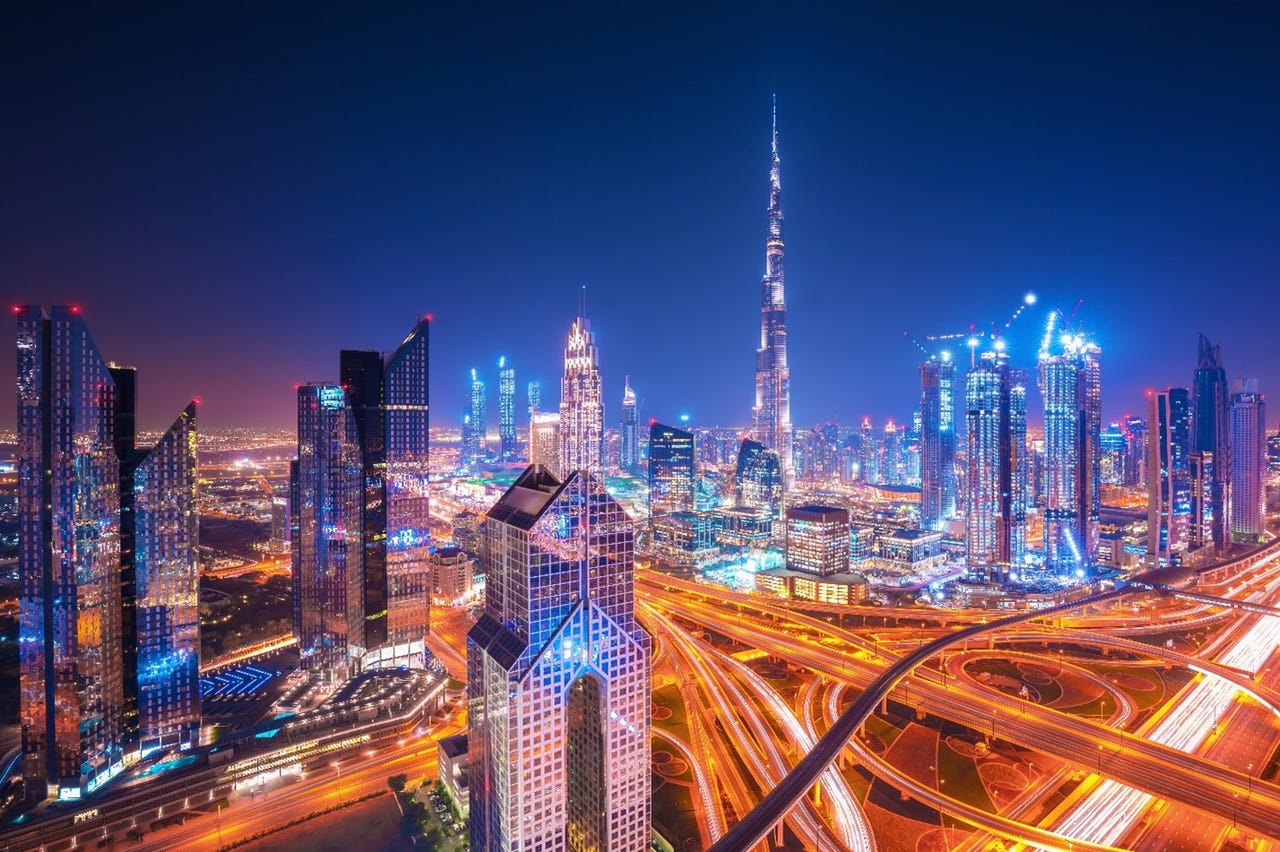
In more than one way, the United Arab Emirates is a crossroads between the East and the West from a geopolitical and economic perspective.
Since the discovery of oil in the 1960s, and the founding of the UAE in 1971, Dubai has grown out of the desert into a strategic location that sits at the junction, or intersection, between Europe, Asia, and Africa – making the UAE and Dubai in particular a central hub for global business, banking, finance, fintech, payments, and travel.
Dubai is recognised globally as one of the fastest growing financial and fintech centres. It has a supportive regulatory environment, makes and attracts significant investments in innovation, and has an expanding number of financial and fintech companies. They are drawn to Dubai by its specialised financial zones, such as the Dubai International Financial Centre (DIFC), which provides supportive measures like the Golden Visa for entrepreneurs to enable the establishment of new firms as part of its pro-business environment.
The aim of open markets and of free zones like this is to attract global investment and to support its role as a bridge for international commerce. In fact, the Global Financial Centres Index (GFCI) positions Dubai as one of the top four global fintech hubs as it has a number of artificial intelligence (AI) and fintech firms, as well as other types of firms with a focus on innovation.
Supportive policies
This success and its future development are supported by its economic policies, such as Dubai’s D33 Economic Agenda, which aims to double the size of its economy by 2033.
In a recent meeting with journalists, H.E. Hadi Badri, CEO of Dubai Economic Development Corporation (DEDC) – part of the Dubai Department of Economy and Tourism (DET) – commented that post-Covid was seen as “a really opportune moment” for Dubai to put together a 10-year plan, something that hasn’t been done before.
D33 was unveiled in January 2023, and Dubai has “shifted gears” as a result of the introduction of this initiative. Badri says this means companies are getting the funding they need, the support they require, and they are in turn creating advocacy for Dubai by sharing their stories.
Access to start-up funding
Industry sources point to Dubai’s vibrant start-up culture nowadays, supported by the Dubai Future Accelerators (DFA), which says it facilitates “collaboration between start-ups, private entities, and government to work on prespecified challenges relevant to Dubai’s future”.
The DFA says it focuses on fostering collaboration between the scale of public and private organisations with start-ups’ innovation and agility – positioning, it suggests, “Dubai as an attractive destination for start-ups and entrepreneurs, and as a citywide testbed for innovative technology”.
While the DFA doesn’t provide funding in itself, it facilitates it through pilot projects. It also helps to connect entrepreneurs and start-ups with potential investors, venture capitalists, and business opportunities. By offering start-ups the prospect to meet government entities and private sector companies, it aims to help to find opportunities to resolve issues and to secure funding through collaboration or by finding new ventures and facilitating access to decision-makers.
With the DFA, they can also join a supportive environment and gain market insights and mentorships.
Dubai seeks to blend traditional business structures with promoting digital innovation – including fintechs and paytechs, neobanks, and alternative investments.
For companies – both young or more established ones – the emirate can offer access to a mixture of private and public sources of funding, such as venture capital, angel investors, and government grants, including the Mohammed Bin Rashid Innovation Fund (MBRIF) and the Dubai Future District Fund.
There are also opportunities to gain funding through crowdfunding. Further funding – which is not exclusively for start-ups – can be sought from strategic corporate investors and sovereign wealth funds, which contribute to the funding ecosystem.
Investor interest
Regarding fintechs, Badri adds: “There’s a lot going on in financial services and fintech, and much investor interest from abroad to tap into the fintech revolution that’s happening here, which is powered by progressive policies to open up the region, and international fintechs are entering the market.”
Of particular significance are the Greenfield Foreign Direct Investment (FDI) projects. According to the Government of Dubai, for example, Dubai ranks in first place in terms of the number of Greenfield FDI projects it attracts for the eighth consecutive half-year period since the second half of 2021. Greenfield FDI aims to establish completely new operations and facilities in a country by foreign investors.
This is instead of buying or merging with existing ones, and the capital from the FDI is used for purposes such as to build new production facilities, offices, and distribution centres, and for the hiring of local employees. This kind of investment also gives the company full control, and Greenfield FDI projects are beneficial to Dubai because they help to create jobs and encourage further economic growth and development.
Hub for FDI
In a statement by His Highness Sheikh Hamdan bin Mohammed bin Rashid Al Maktoum, Crown Prince of Dubai, Deputy Prime Minister and Minister of Defence of the UAE, and Chairman of The Executive Council of Dubai, “Dubai secured the global No.1 ranking for HQ FDI projects, with project numbers rising 60% from 20 in H1 2024 to 32 in H1 2025.”
He also asserts that the city has also ranked first globally across clusters such as ICT and electronics, and across emerging categories such as AI and fintech. It has a global market share of 8% and a share of 56% of the Middle East’s total Greenfield FDI projects.
According to the figures from the Dubai FDI Monitor, published by the Department of Economy and Tourism (DET), as an emirate, Dubai attracted AED 40.4 billion ($11 billion) in estimated FDI capital in H1 2025, a 62% increase compared to AED 24.7 billion ($6.8 billion) in H1 2024.
FDI projects also surged by 28.7% from 847 in the first half of 2024, and the number of jobs created through FDI rose by 46.7% from 26,202 between H1 2024 to 38,433 in H1 2025.
Greenfield projects accounted for 52.4% of total inflows. The investments spanned all business sectors – including software, IT, and financial services.
According to the figures, for FDI projects, the top sectors were business services (19%), consumer products (16.5%), food and beverages (15%), software and IT services (11%), and financial services (6.6%).
1,000 regulated entities
According to Dubai Financial Services Authority (DFSA), which regulates financial services conducted in or from the DIFC, this purpose-built financial free zone now has 1,000 regulated entities.
Mark Steward, chief executive of DFSA, cites prospects of “linking global capital to new growth opportunities in banking, capital markets, and wealth and asset management across developed and emerging markets” as a major draw.
As for regulators, Badri comments that Dubai has embraced the new world of finance by creating the “the world’s first independent Virtual Asset Regulatory Authority – VARA”.
Together with DFSA and the Central Bank of the UAE, whose focus continues to be on policy change, reform, and balancing, the trio of regulators aim to help local banking and fintech providers grow, support new entrants, and ensure consumer protections are in place.
Facilitating international trade and stimulating business growth
Dubai’s vitality can partly be attributed to the way the government and the private sector work together. This includes Dubai Chambers, a long-standing non-profit organisation, which describes itself as “the engine of Dubai’s economic development and business growth”.
It comprises three chambers: Dubai Chamber of Commerce, Dubai International Chamber, and Dubai Chamber of Digital Economy.
Dubai Chamber of Commerce bridges the business community and Dubai’s government. Dubai International Chamber facilitates investment abroad as well as for companies looking to invest and establish themselves in the emirate. Dubai Chamber of Digital Economy focuses on the needs of the digital economy ecosystem, including supporting local start-ups in the sector.
By integrating their services, they aim to stimulate business growth in Dubai by offering strategic guidance and fostering international partnerships. They also help local companies to identify and enter new markets through the provision of resources and connections, as well as support Dubai’s economic growth objectives.
In our next article in this series, we’ll explore the growth of alternative investments, fintech and paytech ventures, and the ascent of the SME finance sector in Dubai.
Source: https://www.fintechfutures.com/

